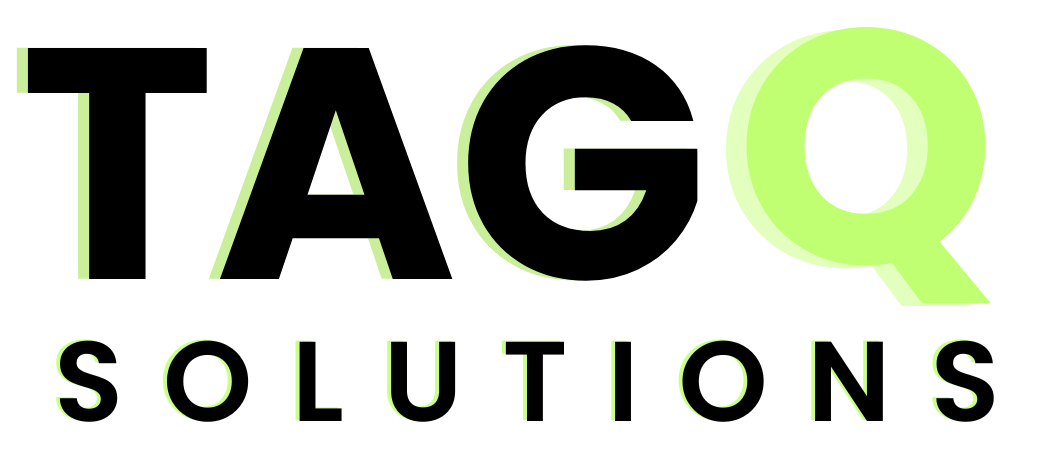In today’s dynamic digital era, programming has become a foundational skill for anyone aiming to thrive in the tech industry. As the CEO of TagQ AlphaNode IT Solutions, I’ve had the privilege of mentoring countless aspiring tech professionals. This article is designed to guide beginners through the maze of programming languages, helping them choose the best path to kickstart a successful career in technology.
Whether you’re a student, a career changer, or a curious learner, this guide provides an in-depth look at beginner-friendly programming languages, their benefits, and their applications in real-world scenarios.
Why Learn Programming?
Programming is the cornerstone of modern innovation. It powers everything from mobile apps and websites to AI-driven solutions and enterprise software. For beginners, the right programming language can simplify the learning process, making it more accessible and enjoyable. Additionally, programming skills open doors to diverse career opportunities, from software development to data science and beyond.
Top 10 Programming Languages for Beginners
1. Python
- Why Learn It? Python’s clean syntax and readability make it an ideal first language.
- Applications: Web development, data analysis, artificial intelligence, and automation.
- Expert Insight: Python’s extensive libraries and frameworks reduce development time, making it a favorite among startups and enterprises alike.
2. JavaScript
- Why Learn It? JavaScript is the backbone of interactive web applications.
- Applications: Front-end and back-end web development, mobile app development, and game development.
- Pro Tip: Combine JavaScript with frameworks like React or Angular to enhance your web development skills.
3. HTML/CSS
- Why Learn It? These are the foundational technologies for structuring and designing web pages.
- Applications: Creating visually appealing and functional websites.
- Fun Fact: HTML provides the structure, while CSS handles the style and layout of web pages.
4. Java
- Why Learn It? Java’s versatility and stability make it a go-to language for enterprise solutions.
- Applications: Android app development, web applications, and large-scale enterprise systems.
- Expert Tip: Learning Java helps you understand object-oriented programming, a key concept in software development.
5. C++
- Why Learn It? C++ offers low-level access to system resources, making it powerful for high-performance applications.
- Applications: Game development, operating systems, and performance-critical software.
- Fun Fact: Many advanced gaming engines, like Unreal Engine, are built using C++.
6. C#
- Why Learn It? C# is a modern, object-oriented language widely used in the Microsoft ecosystem.
- Applications: Game development with Unity, Windows applications, and web services.
- Pro Tip: If you’re aiming for a career in game development, mastering C# is a great choice.
7. Ruby
- Why Learn It? Ruby’s simplicity and elegant syntax make it beginner-friendly.
- Applications: Web development, scripting, and automation.
- Fun Fact: Ruby on Rails, a popular framework, is known for its developer-friendly features.
8. Swift
- Why Learn It? Designed by Apple, Swift is intuitive and easy to learn for building iOS applications.
- Applications: iOS, macOS, watchOS, and tvOS apps.
- Pro Tip: Use Swift Playgrounds to experiment and learn Swift in a fun, interactive way.
9. PHP
- Why Learn It? PHP is widely used for building dynamic websites and server-side applications.
- Applications: Content management systems (like WordPress), e-commerce platforms, and web applications.
- Fun Fact: Over 75% of websites use PHP in some capacity.
10. Go (Golang)
- Why Learn It? Go’s simplicity and efficiency make it perfect for modern computing needs.
- Applications: Scalable web services, cloud computing, and networked systems.
- Expert Insight: Go’s concurrency model is ideal for handling multiple tasks simultaneously, making it a favorite for backend development.
Choosing the Right Programming Language
With so many great options, how do you decide which language to learn first? Here’s a simple breakdown based on your interests:
- Web Development: Start with JavaScript, Python, or Ruby.
- Mobile App Development: Focus on Java, Swift, or Kotlin.
- Game Development: Explore C++, C#, or Python.
- Enterprise Solutions: Opt for Java, C#, or Go.
Remember, the best language for you depends on your goals and the type of projects you want to work on.
Additional Tips for Beginners
- Set Clear Goals: Define what you want to achieve with programming to stay motivated.
- Leverage Online Resources: Platforms like Codecademy, freeCodeCamp, and Udemy offer excellent beginner courses.
- Practice Consistently: Regular coding practice helps reinforce concepts and build confidence.
- Join Coding Communities: Engage with other learners and professionals on platforms like GitHub, Stack Overflow, or Reddit.
- Work on Projects: Apply your knowledge by building small projects, such as a personal website or a simple game.
- Stay Curious: Technology evolves rapidly—keep learning and experimenting with new tools and frameworks.
Conclusion
Learning to code is an empowering journey that opens up a world of opportunities. With dedication, the right resources, and a clear focus, you can master programming and make a meaningful impact in the tech industry. At TagQ AlphaNode IT Solutions, we’re committed to supporting the next generation of tech leaders. Explore our tutorials, courses, and community to accelerate your learning.
What’s Next?
Ready to begin your programming adventure? Get in touch with us today to learn more about how TagQ Solutions can help you, join our developer community, and start building your first project today.
Contact us: https://tagqsolutions.com/
Happy coding!
